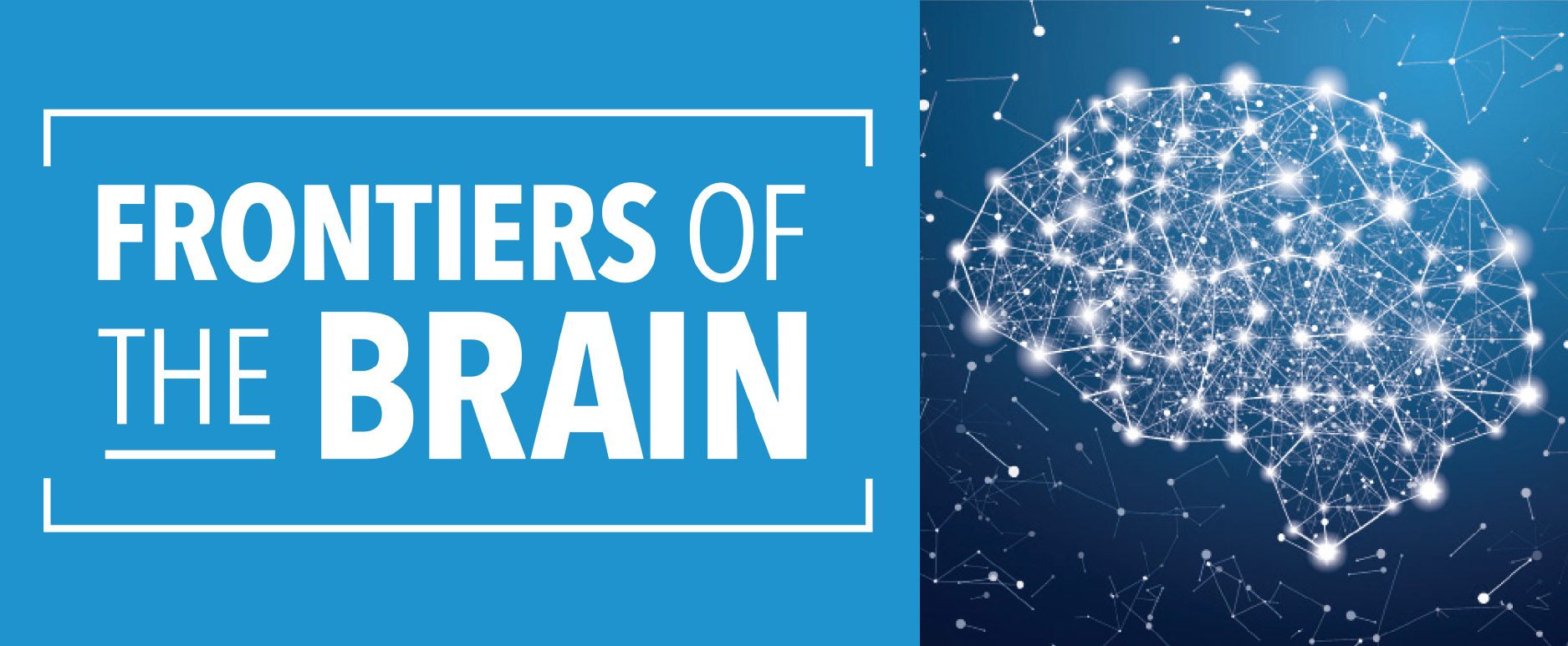Your Fantastic Mind
A partnership between Emory and Georgia Public Broadcasting (GPB). Support provided by Southern Company Charitable Foundation.
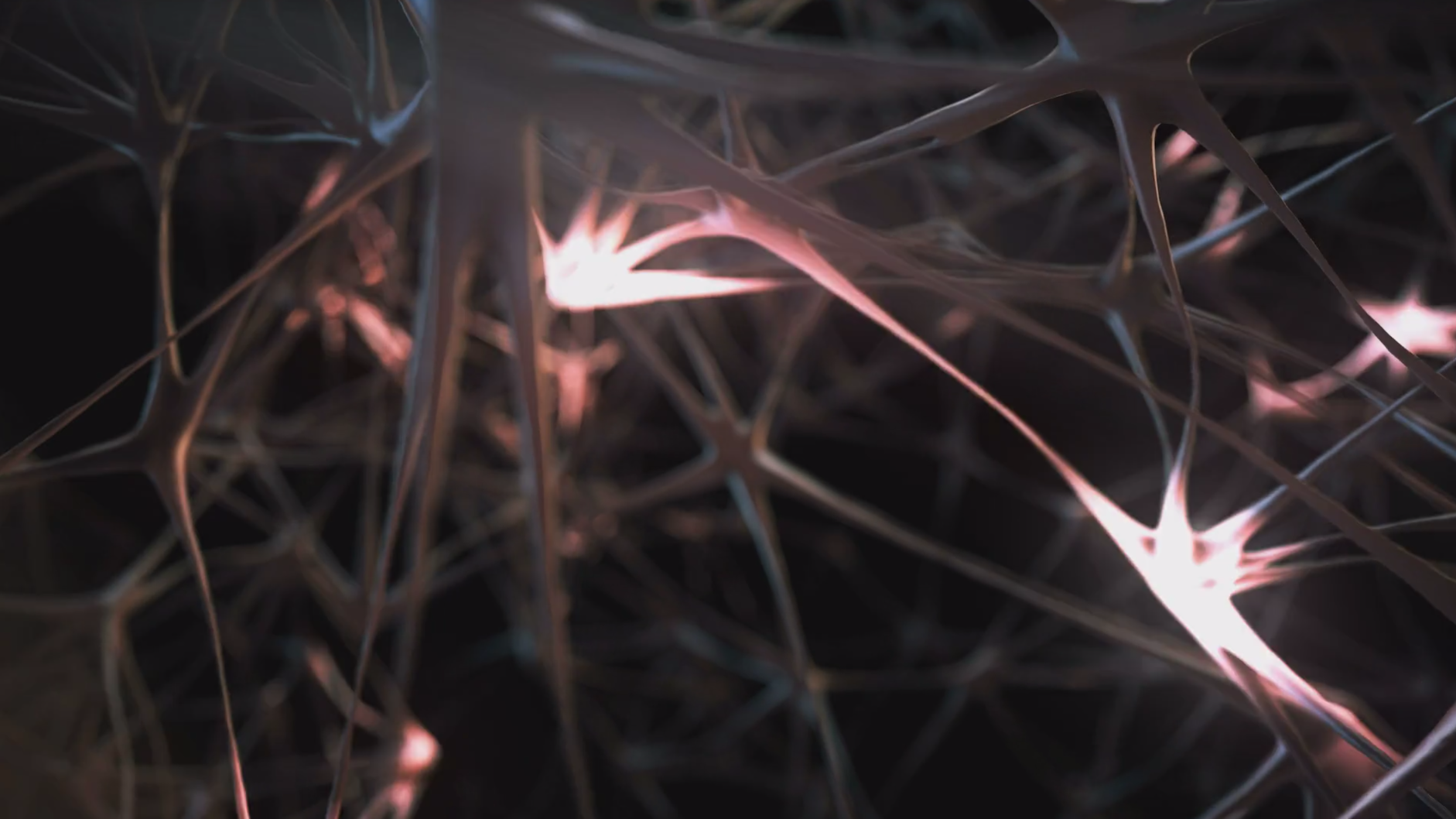
Episode 11
A stroke can hit when you least expect it — like when you're a 28-year-old mother of two. But ground-breaking treatments are saving more lives than ever, and rehabilitation approaches are improving as well. CLICK ON VIDEO BELOW TO VIEW THE FULL EPISODE
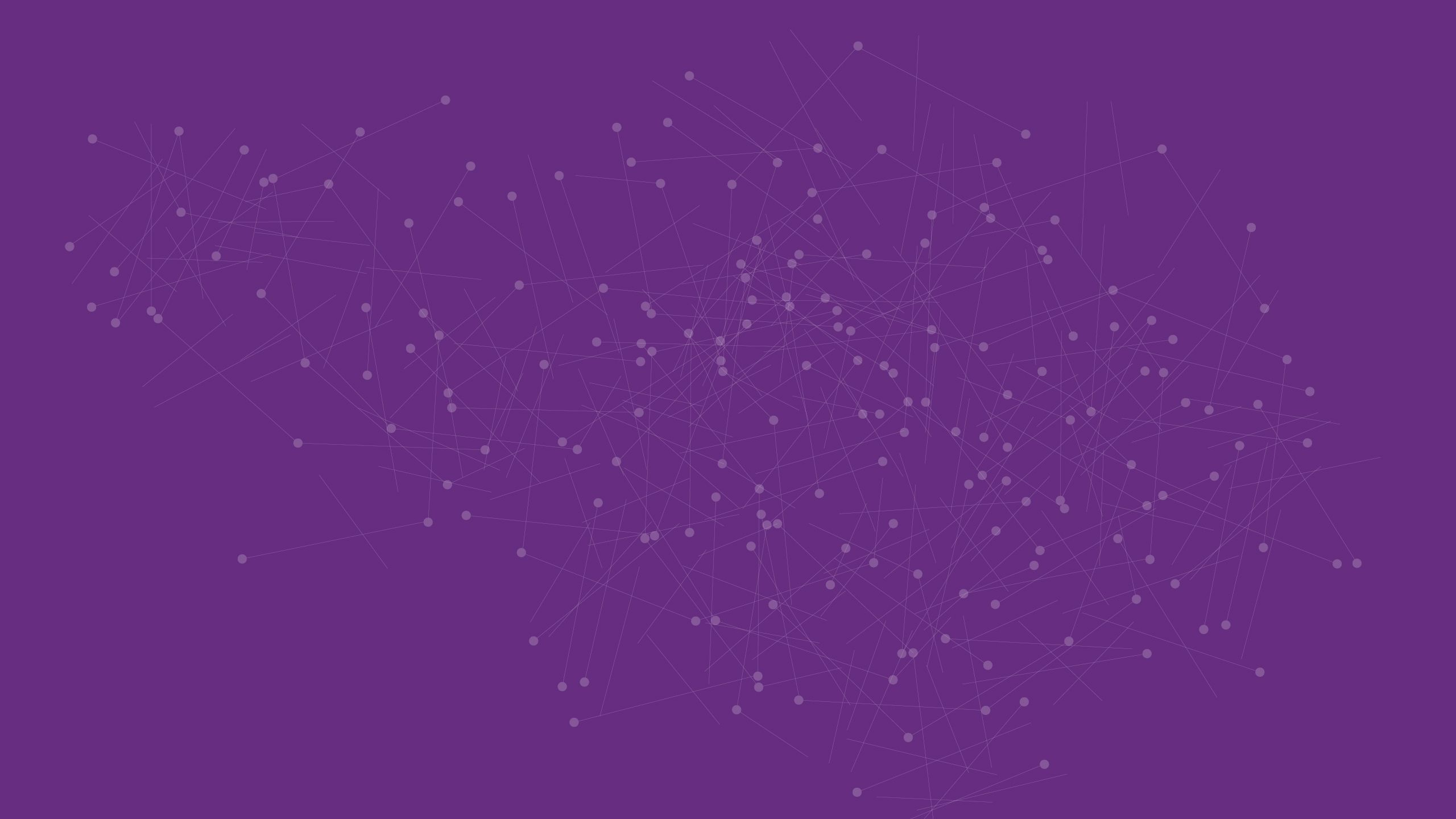
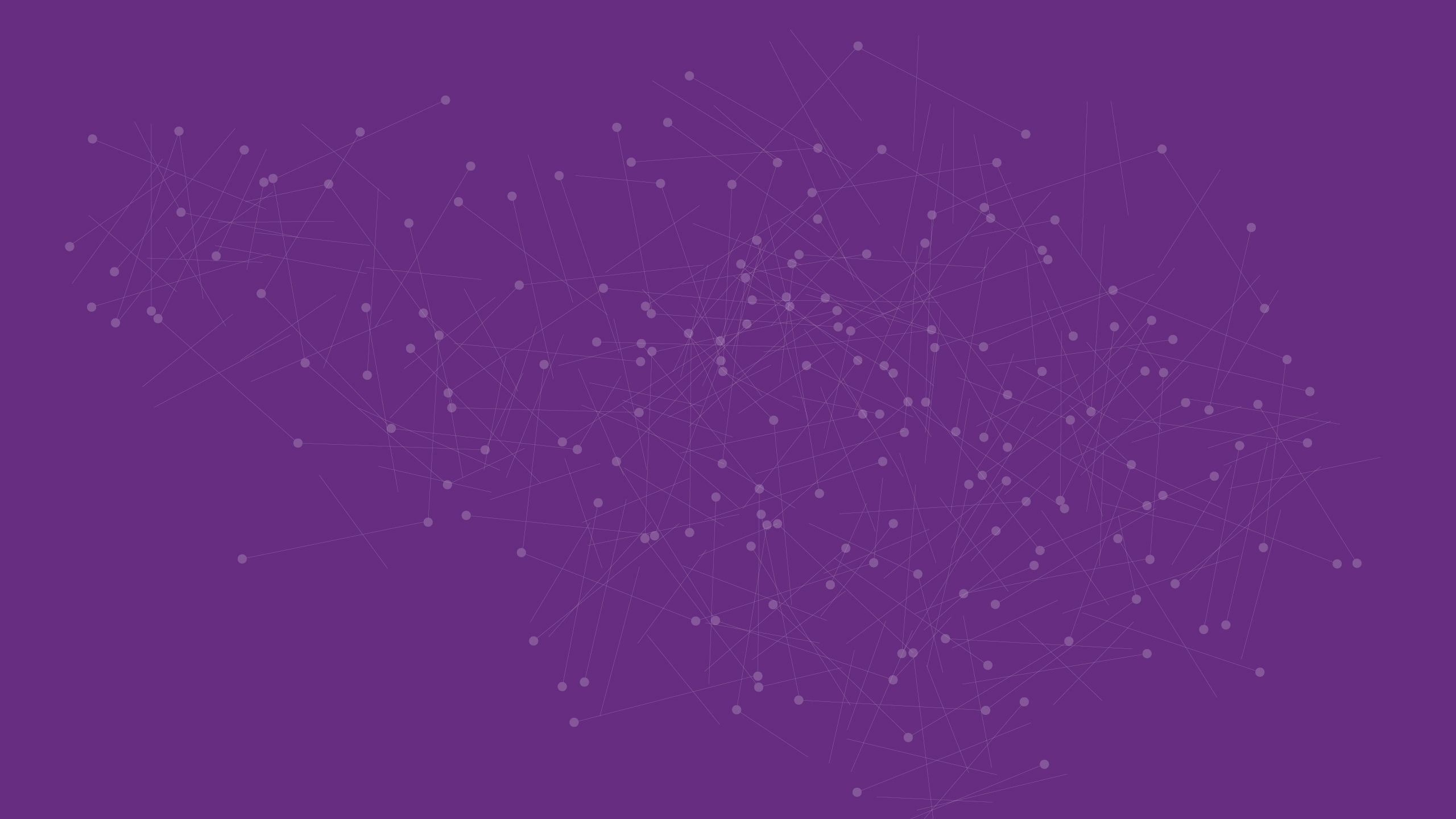
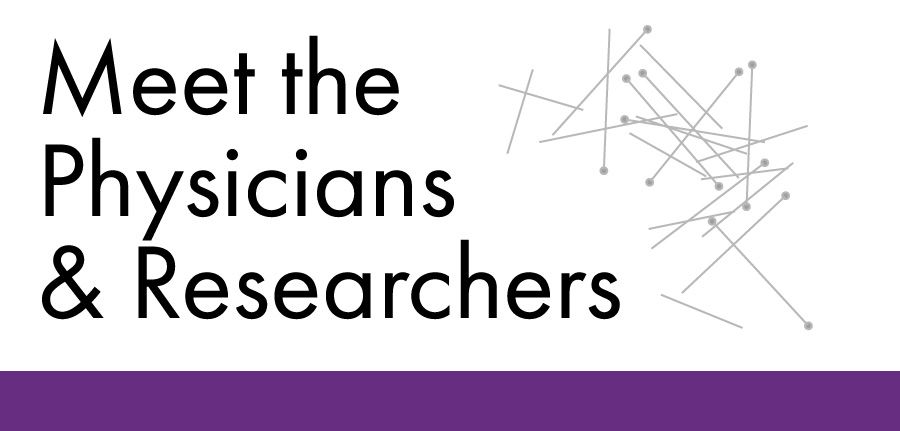
11 | A Paradigm Shift in Stroke Treatment
Michael Frankel, neurology; Sarah Blanton, David Burke, rehabilitation medicine
Historically, when stroke patients went to the hospital doctors recommended removal of the clot causing the stroke only within a six-hour time frame of the incident. Now, thanks to Emory doctors at Grady Hospital, the window has been expanded to 24 hours and has made a life-changing difference for these patients.
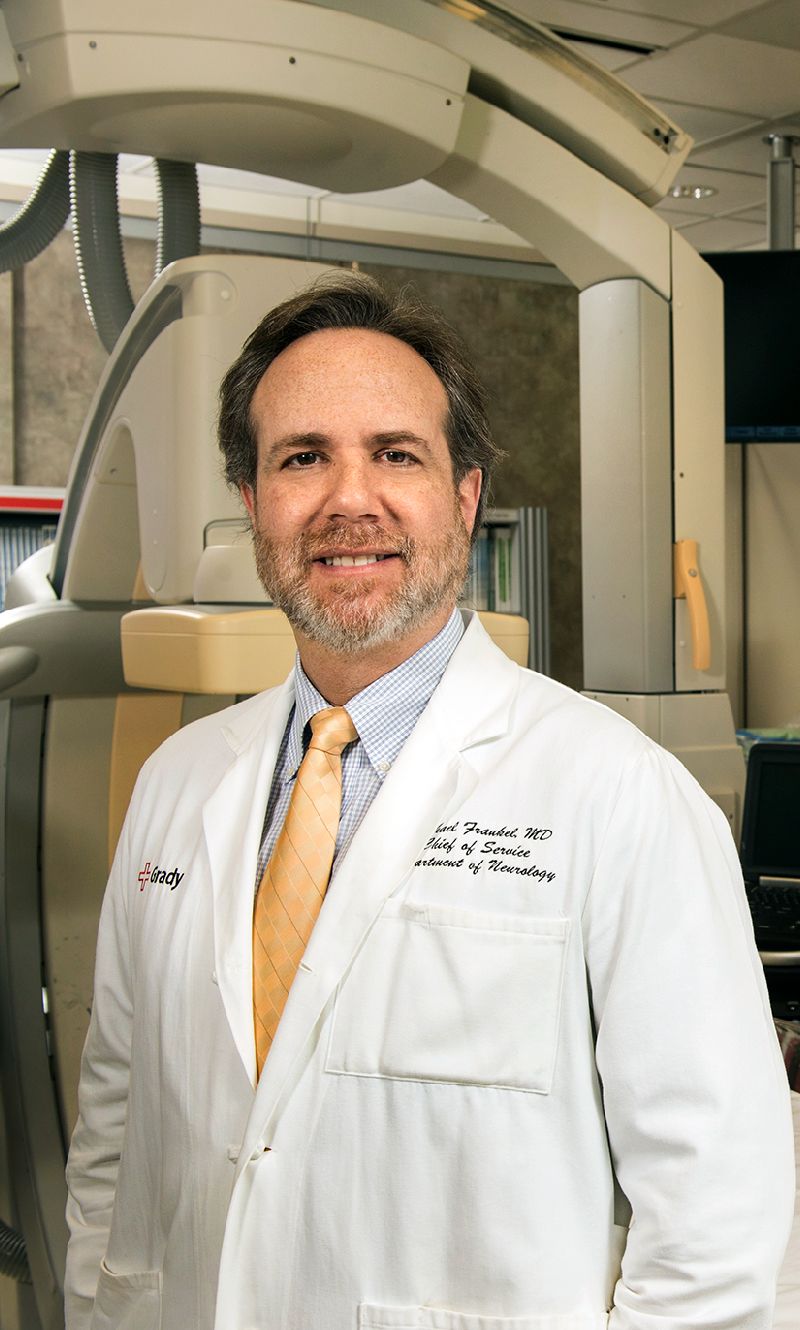
Dr. Michael Frankel, professor of neurology at Emory School of Medicine and chief of neurology and director of the Marcus Stroke and Neuroscience Center of the Grady Health System.
Dr. Michael Frankel, professor of neurology at Emory School of Medicine and chief of neurology and director of the Marcus Stroke and Neuroscience Center of the Grady Health System, was an integral part of the DAWN trial, which illustrated that patients within a six- to 24-hour time frame displayed better results than those with standard care alone.
Thrombectomy is a procedure to remove a clot in the brain, similar to removing a blood clot in the heart. After snaking a catheter from the femoral artery up to the brain, where doctors remove the blood clot from inside the artery or vein.
"Our research and clinical teams are immensely proud of these breakthrough findings,” says Frankel. “The findings are so profound they will likely result in a paradigm shift that will not be seen again for many years in the field of stroke therapeutics.”
Though thrombectomy has shown to be promising for stroke patients, many patients still experience muscle weakness or tingling, paralysis, and problems with speech. That’s where Emory Rehabilitation doctors come in to help after a stroke.
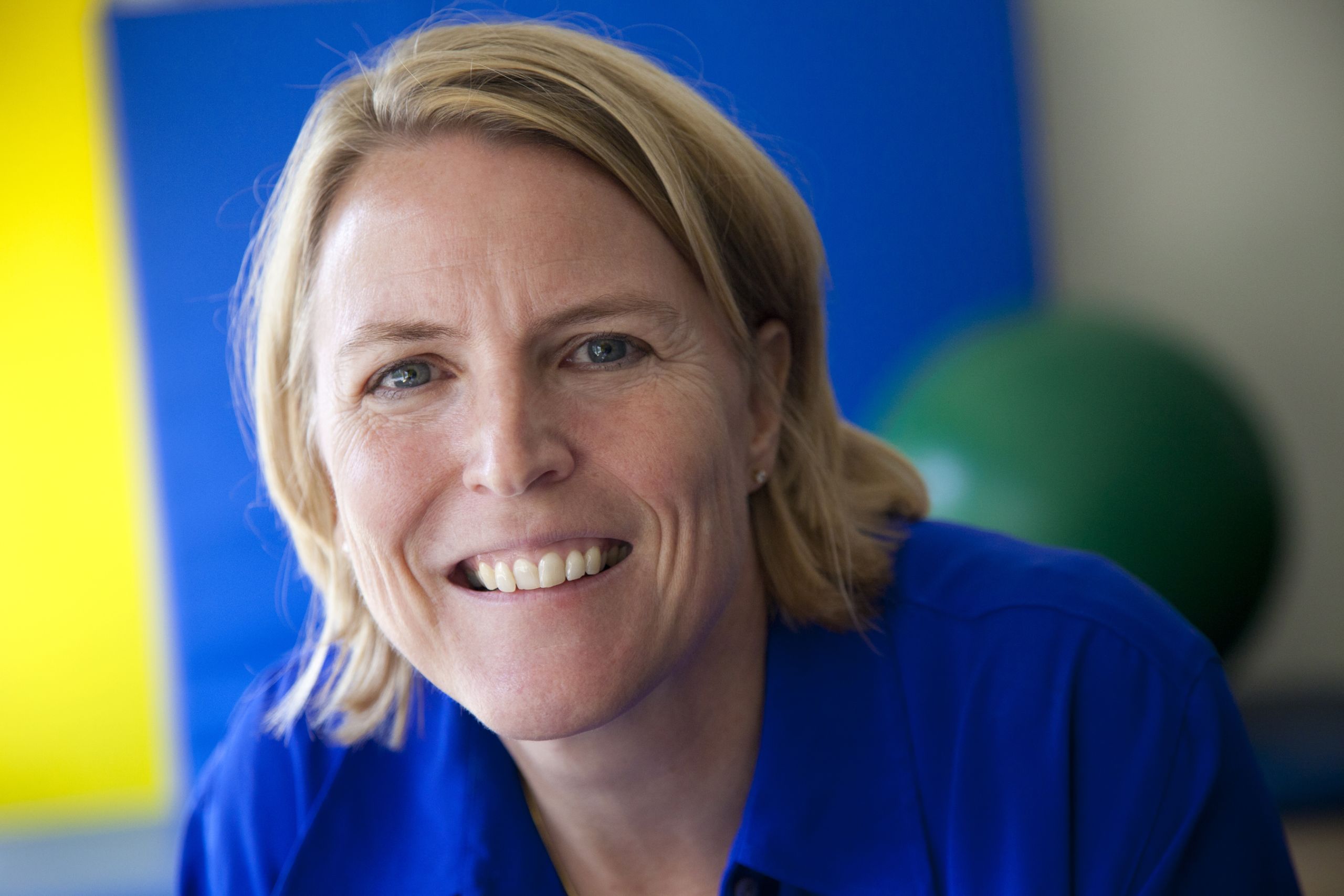
Dr. Sarah Blanton, associate professor of rehabilitation medicine at Emory.
Dr. Sarah Blanton, associate professor of rehabilitation medicine at Emory.
Dr. Sarah Blanton is an associate professor of rehabilitation medicine at Emory and has a specialty certification in neurology through the American Board of Physical Therapy.
“As rehabilitation specialists, we need to understand that the impact of stroke is deeply personal,” says Blanton. “We guide our therapeutic interventions to address the person behind the diagnosis.”
Blanton’s research focuses on family-centered care in rehabilitation. She is the founding editor-in-chief of the Journal of Humanities in Rehabilitation, which has expert, patient, and family contributions.

Dr. David Burke, professor and chair of rehabilitation medicine at Emory, believes music can inspire and reconnect people during dark times.
Emory rehabilitation specialist Dr. David Burke knows the importance of music in the recovery process. Burke organizes a dozen stroke patients from Emory to join members of London’s Royal Philharmonic Orchestra to perform. Called Strokestra, the performance helps stroke patients with self-conscious jitters. As one woman says, “I have the shakes, but that’s OK, because I’m holding a tambourine!”
“People connect with music, even in their deepest, darkest, moments,” says Burke. “This music connects our patients.”
For more information, contact Emory Healthcare Stroke Center at 404-778-7777 www.emoryhealthcare.org/centers-programs/stroke-center.
For information about rehabilitation after stroke, contact the Emory Brain Health Center, 404-778-7777 www.emoryhealthcare.org/brain-health/stroke-rehabilitation-services.html

Dr. Michael Frankel, professor of neurology at Emory School of Medicine and chief of neurology and director of the Marcus Stroke and Neuroscience Center of the Grady Health System.
Dr. Michael Frankel, professor of neurology at Emory School of Medicine and chief of neurology and director of the Marcus Stroke and Neuroscience Center of the Grady Health System.

Dr. David Burke, professor and chair of rehabilitation medicine at Emory, believes music can inspire and reconnect people during dark times.
Dr. David Burke, professor and chair of rehabilitation medicine at Emory, believes music can inspire and reconnect people during dark times.
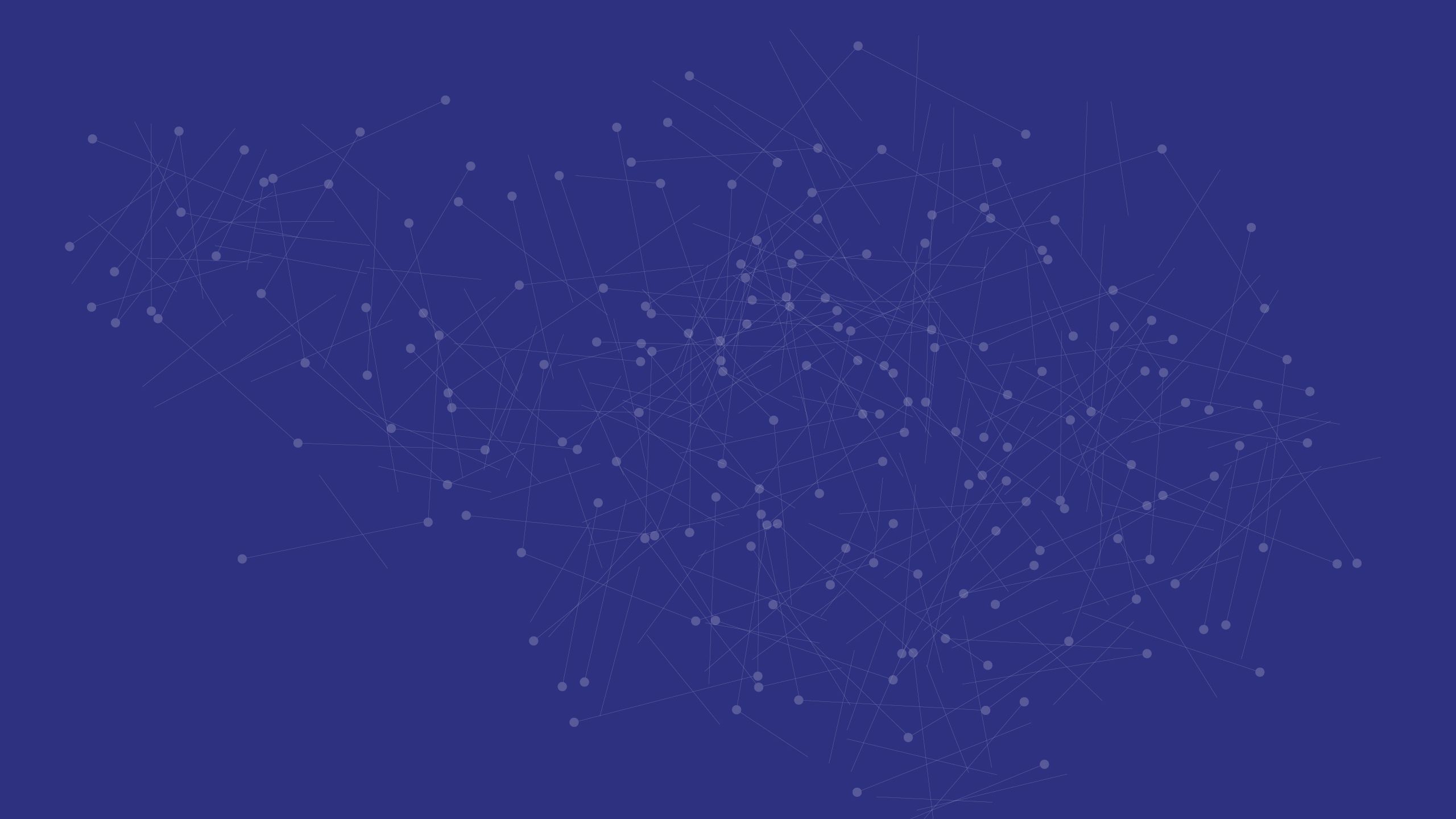
Brain Research at Emory
As one of the nation’s premier research universities, Emory is a leader in education, discovery, and patient care related to the neurosciences. Faculty scholars, scientists, physicians, and clinicians throughout the university and Emory Healthcare collaborate on advancing knowledge associated with the brain and brain health.
The Emory Brain Health Center combines neurology, neurosurgery, psychiatry and behavioral sciences, rehabilitation medicine, and sleep medicine in a unique, integrated approach.
Researchers are predicting, preventing, treating, and curing diseases and disorders of the brain and addressing the growing global crisis associated with some of the most common ones.
Emory’s neuroethics program explores the evolving ethical, legal, and social impact of the neurosciences, while the Yerkes National Primate Research Center conducts essential basic science and translational research to advance scientific understanding and to improve the health and well-being of humans and nonhuman primates.
Emory’s comprehensive, multidisciplinary approach is transforming the world’s understanding of the vast frontiers of the brain, harnessing imagination and discovery to address 21st-century challenges.
A partnership between Emory and Georgia Public Broadcasting (GPB). Support provided by Southern Company Charitable Foundation.
Want to know more?
Please visit Emory's Frontiers of the Brain website, the Emory News Center, and Emory University.


